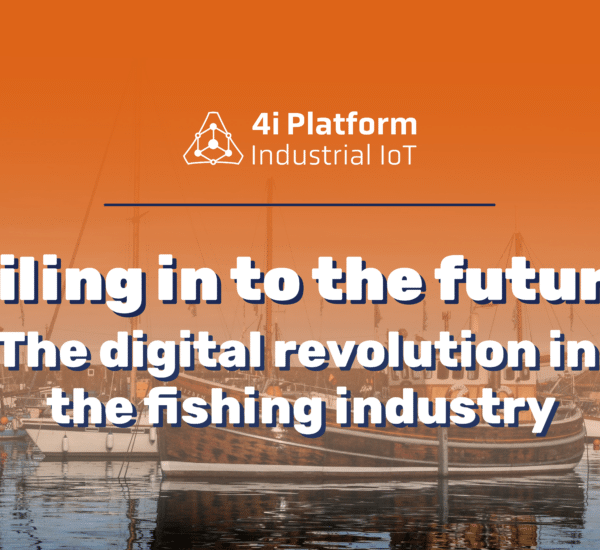The Internet of Things is rapidly growing more and more each day. 5G is expanding rapidly, industries are adopting digitalization more frequently, and societies finally see the benefits of smart data in their daily lives. Moreover, people feel more comfortable about sharing their data, and are less likely to be afraid. Since people are increasingly sharing smart data, authorities are becoming more aware and concerned about IoT cybersecurity.
Case Study Example
Spanish authorities have chosen to set up a hotline for cybersecurity concerns and emergencies.
This is for parents and educators to better protect minors online, for workers and companies that use IoT to conduct business and economic activities and for citizens who use the Internet for personal purposes.
This hotline main priority is to aim to make IoT cybersecurity an integral part of Spanish citizens’ daily lives.
This is a critical shift in mindset: moving from protecting material objects to cybersecurity means we now understand how valuable data is and how attractive it is to cyberhackers.
Preventative Culture
Cybercrime is highly lucrative, and we must be on the guard and ready to combat this growing demand for our private information.
Understanding the Preventative Culture
This concept must be developed by governments and then, more importantly, invested in. There is no need to be alarmist about smart data yet. The evolution of cybersecurity is still in its infancy. It is true that there is a need for new cybersecurity policies, but since IoT is constantly evolving, so will its security policies. The creation of new cybersecurity policies will always be a work in progress.
Cybersecurity is a pivotal sector. There is a great opportunity for a new industry network to offer new products and services to meet the demand. It is now time to prioritize the best way to make private data less appealing by making them inaccessible.





